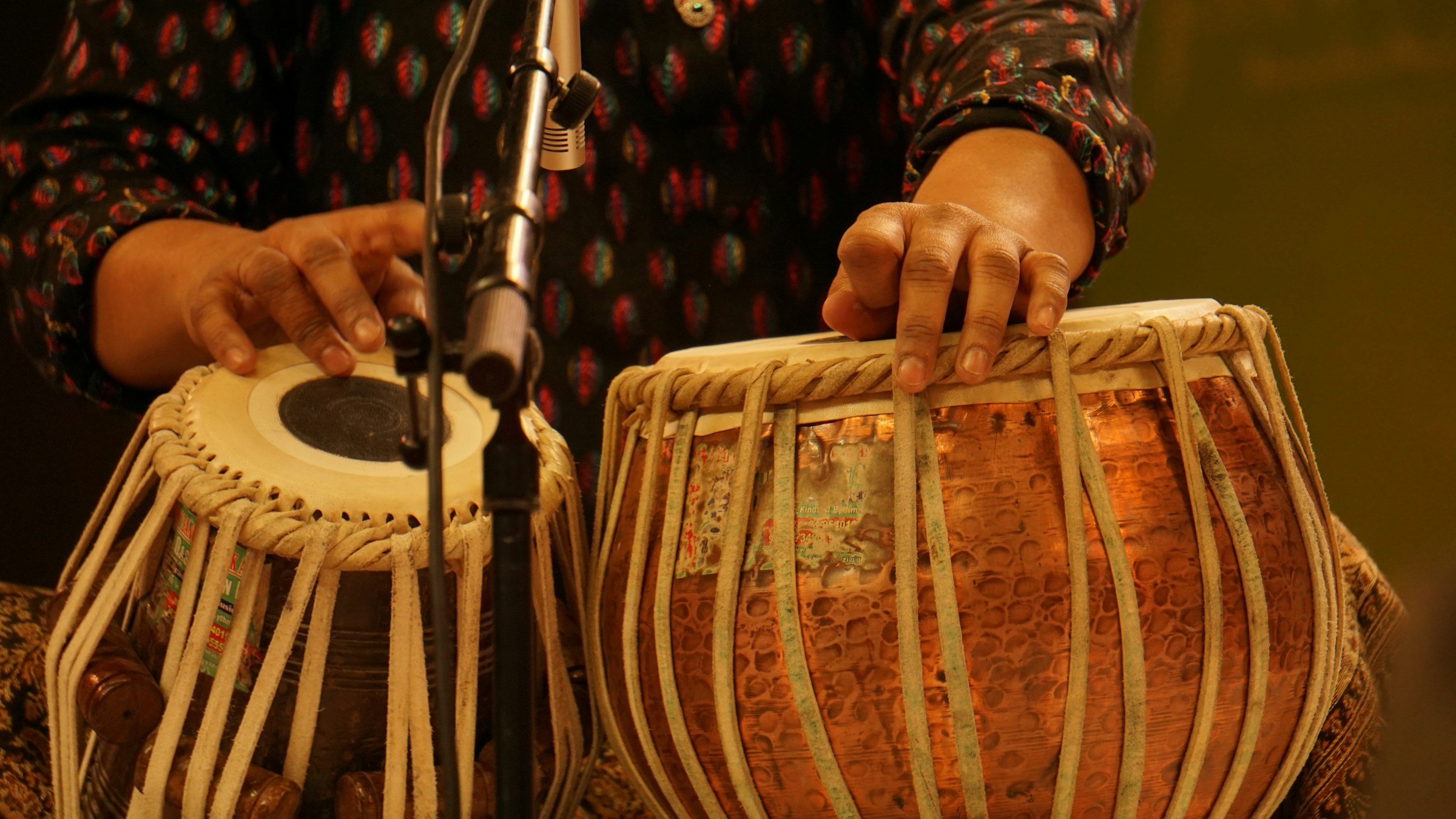
ABOUT US
Mission
The Kalavant Center for Music and Dance is a non-profit cultural organization dedicated to promoting and preserving traditional music and dance of South Asia, with a special emphasis on Indian classical music..
The Kalavant Center for Music and Dance
Established in June 1997, The Kalavant Center for Music and Dance is a non-profit cultural organization dedicated to promoting and preserving traditional music and dance of South Asia, with a special emphasis on Indian classical music.
Officially opened on September 12, 1998, with an inaugural concert given by the late legendary sitar maestro Ustad Vilayat Khan, legendary sarangi maestro Ustad Sultan Khan, and tabla maestro Ustad Kadar Khan.
Who We Are
Highly accomplished teachers train students In South Asian music And dance through regular classes and workshops, serving primarily New York City residents, and residents of surrounding areas.
Educational Institution
Management of professional performers of South Asian classical music and dance, bringing these artists to American audiences on a national level.
Artist Management
Organizing and publicizing professional performances of South Asian music, primarily In the New York metropolitan area.
Presenting Organization
The Kalavant Center Mission
The Kalavant Center for Music and Dance is a non-profit cultural organization dedicated to promoting and preserving traditional music and dance of Southeast Asia, with a special emphasis on the classical traditions of India.
The ancient, yet timeless wealth of Indo-European culture has spread across the globe, and has everywhere dissolved barriers of race, religion and creed, testifying to the universality of music. The very name of India, Bharata, refers to music as a Universal language. ‘Bha’ – bhava, ‘ra’ – raga, ‘ta’ – tala. Bhava literally means “to become”, or “becoming”, and in this context refers to universally existing emotions brought to life by an artist. Raga is the melodic language, as tala is the rhythmic language of India. Thus, through these melodic and rhythmic languages, the ultimate goal of an Indian classical musician is to bring to life in their audience an experience of a Universal nature.
Presently in NYC, the Kalavant Center’s working staff consists of professional musicians, each with 40+ years of experience performing and teaching all aspects of Indian music. The staff is enriched regularly with great musicians who come from India to teach and perform. The quality of musicians committing their time and skill to the Center shows the importance of the Kalavant Center’s mission. A high level of education is a major part of the Kalavant Center’s focus.
The founder-director of the Kalavant Center, Ustad Kadar Khan, is a traditional Indian musician based in New York City, and performs and teaches at leading American universities, museums and other cultural institutions. Khansahab has a tireless passion that has brought many community leaders together to join the Kalavant Center family to further the majestic healing power of music.
Cultural Diversity
The evolution of Indian music over thousands of years has engendered a rich variety of 'schools' known as gharanas, each with its own unique approach to the musical idiom. Just as in the ecological sphere, where humanity in the twentieth century gave inordinate preponderance to select commercially viable species, and as a result, where we witnessed the extinction of entire species of plant and animal life, so too, many of Indian classical music's gharanas have become endangered species, with an irreparable loss to human culture.
The Kalavant Center proposes to address this imbalance, so as to nurture the renaissance of Indian classical music as a whole, ensuring cultural diversity for the benefit of humanity.
Universality of Music
The ancient yet timeless wealth of Indo-European culture has spread across the globe, and has everywhere dissolved barriers of race, religion, and creed, testifying to the universality of music.
The very name of India, Bharata, refers to music as a universal language. 'Bha' - bhava, 'ra' - raga, 'ta' - tala. Bhava literally means "to become", or "becoming", and in this context refers to the universal emotions conjured and brought to life by an accomplished musician. Raga is the melodic language of India, and tala is the rhythmic language of India.
Thus, through these melodic and rhythmic languages, the ultimate goal of an Indian classical musician is to bring to life in their audience an experience of a Universal nature.
About the Founder Ustad Kadar Khan
The founder-director of The Kalavant Center, Ustad Kadar Khan, is a traditional Indian musician based in New York City, who regularly performs and conducts master classes at leading American universities, museums and other cultural institutions.
He has accompanied the Grammy- award-winning guitarist Pandit Vishwa Mohan Bhatt; master flautist Pandit Hari Prasad Chaurasia; sarangi player Ustad Sultan Khan; and many other highly gifted musicians.
In 1982, Kadar Khan founded the Naad-Niket Center for Propagation of Indian Music in Ahmedabad, India.
Activities
The Kalavant Center's main activities focus on performing and teaching Indian classical music at the highest level. Presently in New York City, The Kalavant Center's working staff consists of professional musicians, some of whom have 40+ years of experience performing and teaching Indian music.
This staff is enriched regularly with other great musicians who come from India to teach and perform. The Kalavant Center provides an active platform for musicians and dancers to work through concerts, workshops, demonstrations, and master classes.
Equally important, The Kalavant Center's activity's also includes recording eminent guest artists and disseminating these recordings in audio and visual formats.



